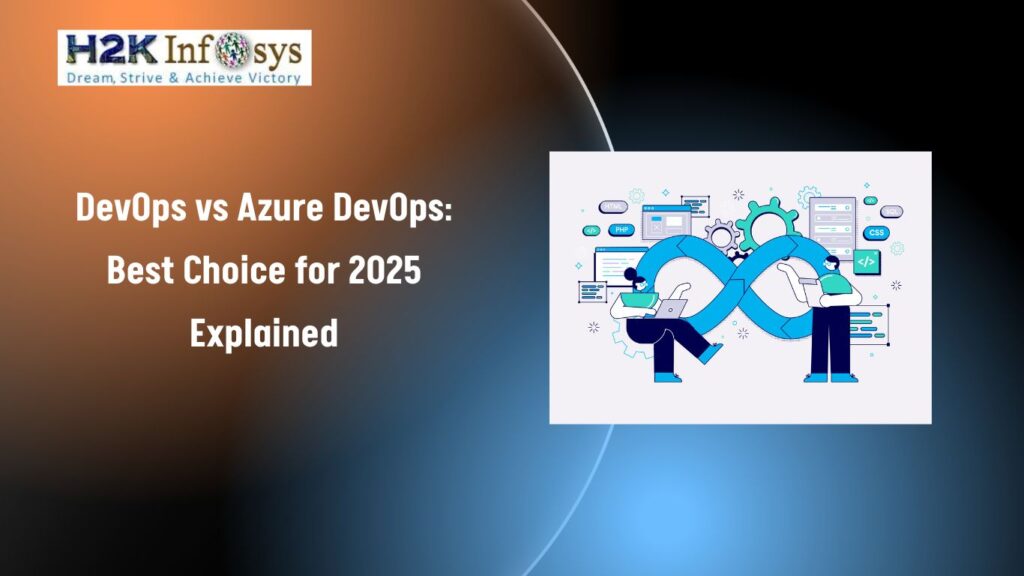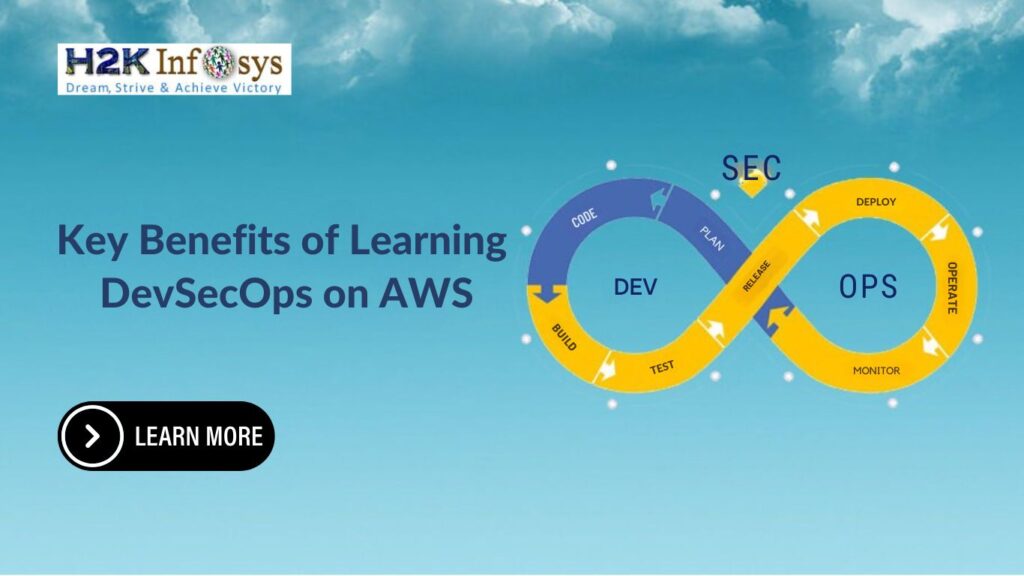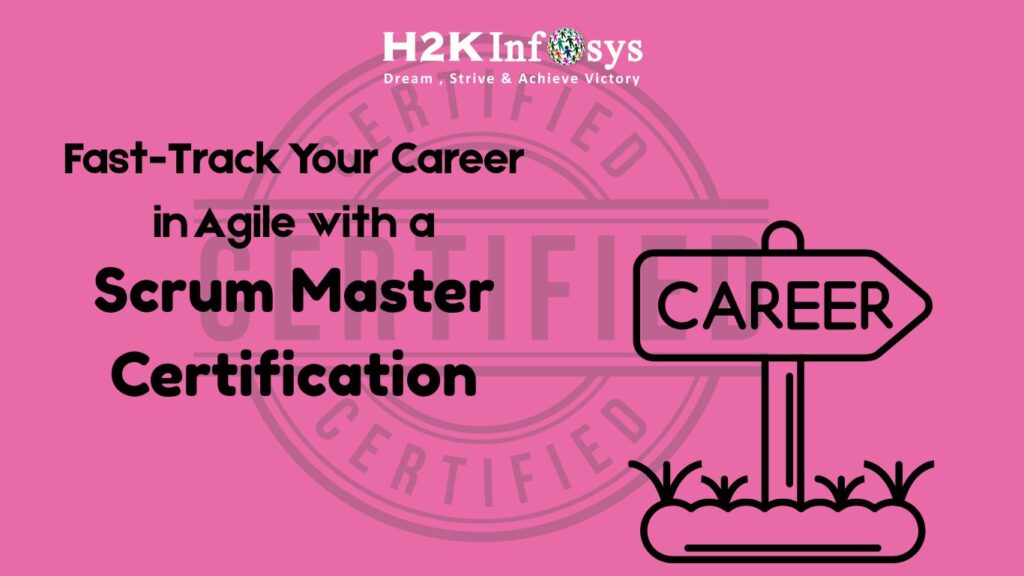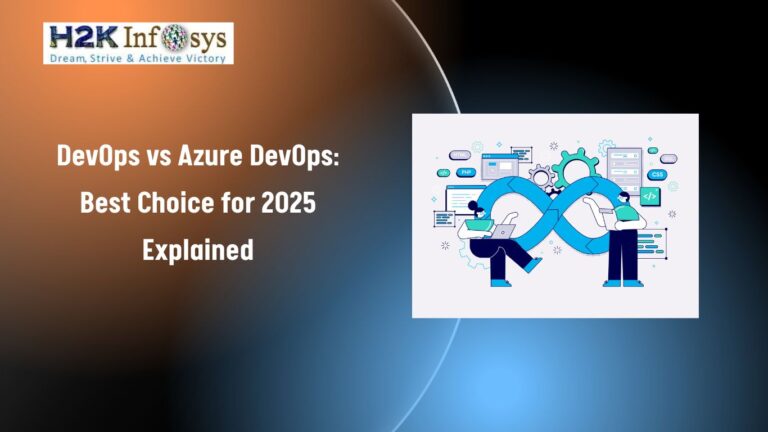Salesforce Commerce Cloud acquired Demandware in 2016, a cloud-based unified platform that helps small and large enterprises show their items online, track orders, and enable mobile payments for customers.
Demandware and Salesforce integration marked a huge advancement in the way eCommerce companies interact with their consumers. Using Demandware technology, Salesforce created a new Salesforce Commerce Cloud and integrated it into its Customer Success Platform.
Is there a distinction between Demandware and Salesforce Commerce Cloud? You might be curious. A growth-oriented e-commerce strategy is supported by the scalable and adaptable Demandware eCommerce platform. Salesforce Commerce Cloud is a cloud-based eCommerce platform that offers experiences for online shopping. It is a very adaptable cloud-based software-as-a-service (SaaS) eCommerce solution. It offers an optimum eCommerce experience thanks to best-in-class features and capabilities that have been developed and improved over many years. It develops retail experiences that are AI-powered.
Since Demandware and Salesforce Commerce Cloud are both “eCommerce” technologies, Salesforce Commerce Cloud is the most sophisticated and effective choice for addressing the growing needs of your online business.
Salesforce Commerce Cloud: What Is It?
A cloud-based commerce platform called Salesforce Commerce Cloud is pre-loaded with a number of features, tools, and commerce portals to assist you in growing your online business. It enables you to streamline the purchasing process, add your own touches, and design a mobile-friendly shopping experience. Demandware’s successor, Salesforce Commerce Cloud, is a powerful and scalable cloud-based platform created to give enterprises cutting-edge e-commerce capabilities.
In 2021, more than 2.14 billion people were anticipated to make online purchases, and by 2023, digital sales are anticipated to represent 22% of all retail sales globally.
A growing number of retailers are using the Salesforce Commerce Cloud platform to manage their online storefronts due to the eCommerce industry’s rapid expansion and consumer interest in online shopping.
The common eCommerce trends in 2021 included the domination of mobile commerce, the rise of new payment options, omnichannel purchasing, and the advancement of the eCommerce experience through the use of AI technology.
Using Commerce Cloud, you can keep track of them all and expand your company. With this innovative Salesforce eCommerce solution, you can expand your business, expand geographically, and sell your brand globally. You can learn more by checking out the Salesforce Admin training.
Salesforce Commerce Cloud, a market-leading solution, helps businesses to provide smooth shopping experiences, increase revenue, and forge enduring relationships with customers. This article will examine five essential Salesforce Commerce Cloud facets that every company ought to be aware of.
- Omni-channel Commerce
The seamless omnichannel integration of Salesforce Commerce Cloud is one of its distinguishing characteristics. This implies that companies can offer a unified purchasing experience over a variety of channels, including Internet shops, smartphone apps, social networking sites, and physical storefronts. Customers’ comfort and happiness are increased by the platform’s assurance that they may simply switch between several channels without losing their buying progress.
- AI-Powered Personalization
Artificial intelligence (AI) is used by Salesforce Commerce Cloud to provide robust personalisation features. In order to provide specialised product recommendations, personalised content, and targeted marketing efforts, the Einstein AI engine examines client behaviour, purchase history, and preferences. Businesses may boost conversion rates and customer loyalty by giving customers relevant and enjoyable experiences.
- Reliability and Scalability
Businesses can easily scale their e-commerce operations with Salesforce Commerce Cloud. In times of heavy demand, such as holidays or flash sales, the cloud-based design enables smooth handling of peak traffic, ensuring that websites remain responsive and trustworthy. Businesses can depend on the platform to handle rising transaction volumes without sacrificing performance as they expand.
- Extensive Ecosystem and Integrations
Businesses may customise their e-commerce platforms to meet their unique demands thanks to the extensive network of third-party interfaces and extensions provided by Salesforce Commerce Cloud. The platform smoothly connects with a wide range of solutions to build a complete e-commerce ecosystem, whether they be payment gateways, shipping providers, marketing tools, or customer support systems.
- Unified Commerce and Order Management.
In order to promote unified commerce, Salesforce Commerce Cloud unifies different elements of the customer journey into a single, seamless experience. Businesses can effectively manage sales, inventory, and customer data thanks to the platform’s integration with Salesforce’s CRM (Customer Relationship Management) and Order Management systems. No matter which contact points customers interact with during their buying trip, this integration makes sure they have a uniform experience.
Conclusion
A game-changer for companies looking to succeed in the fiercely competitive e-commerce market is Salesforce Commerce Cloud. With its omni-channel capabilities, AI-powered customization, scalability, vast ecosystem, and unified commerce strategy, it equips businesses with the tools they need to deliver excellent customer service, boost sales, and build long-lasting client relationships.
Businesses may use the power of cutting-edge technology to remain ahead of the competition and satisfy the constantly changing demands of contemporary consumers by implementing Salesforce Commerce Cloud. Adopting this potent e-commerce platform may boost your online presence and pave the way for unmatched success in the online market, regardless of how big or little your company is. As a business owner, having a Salesforce certificate will give you an edge in implementing the Salesforce Commerce Cloud in your business.




























